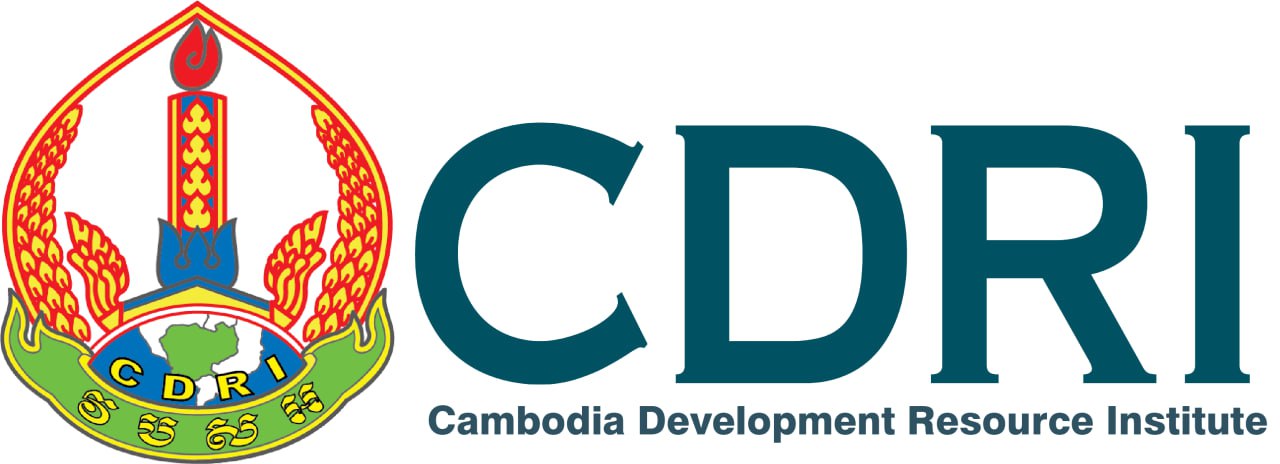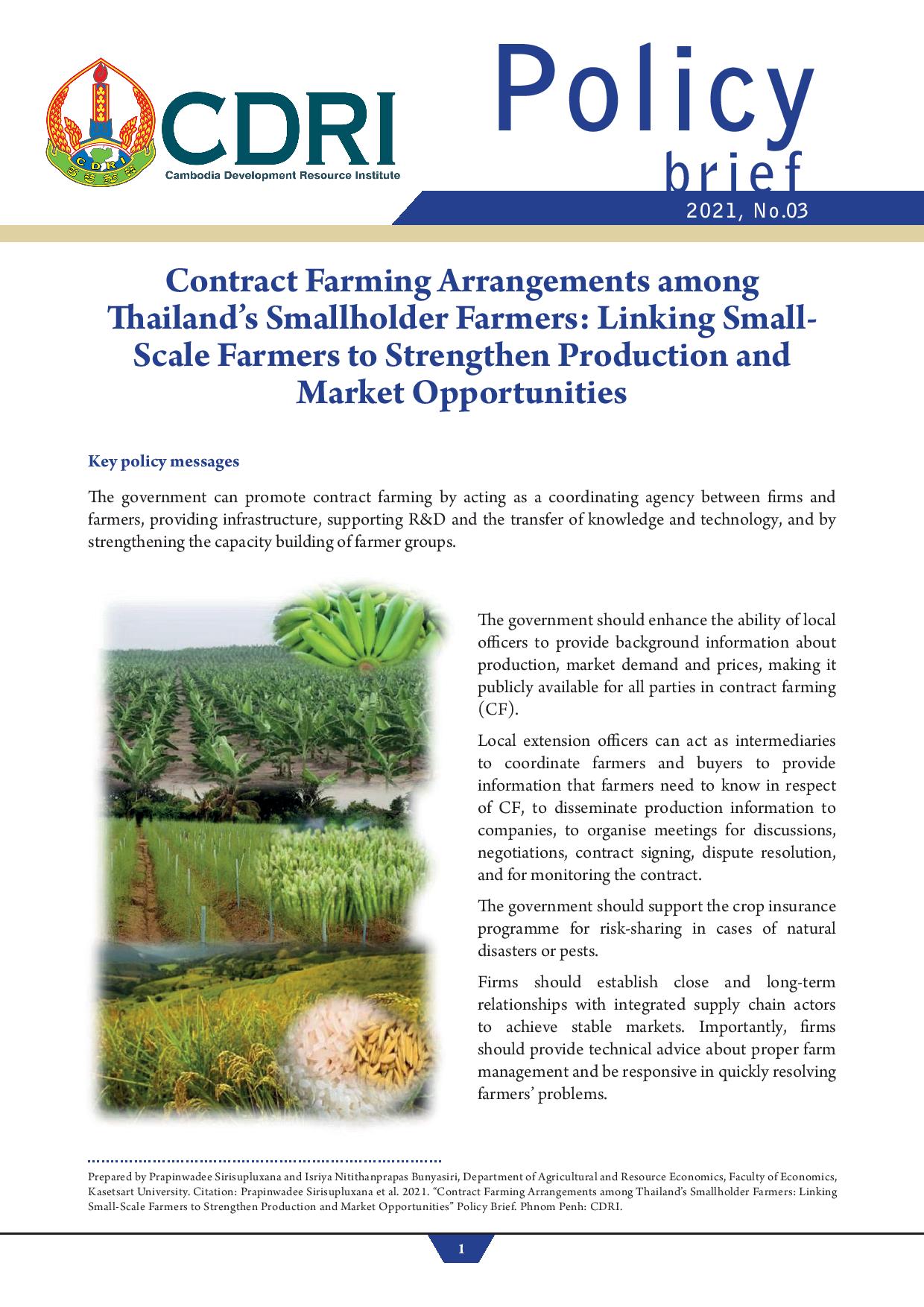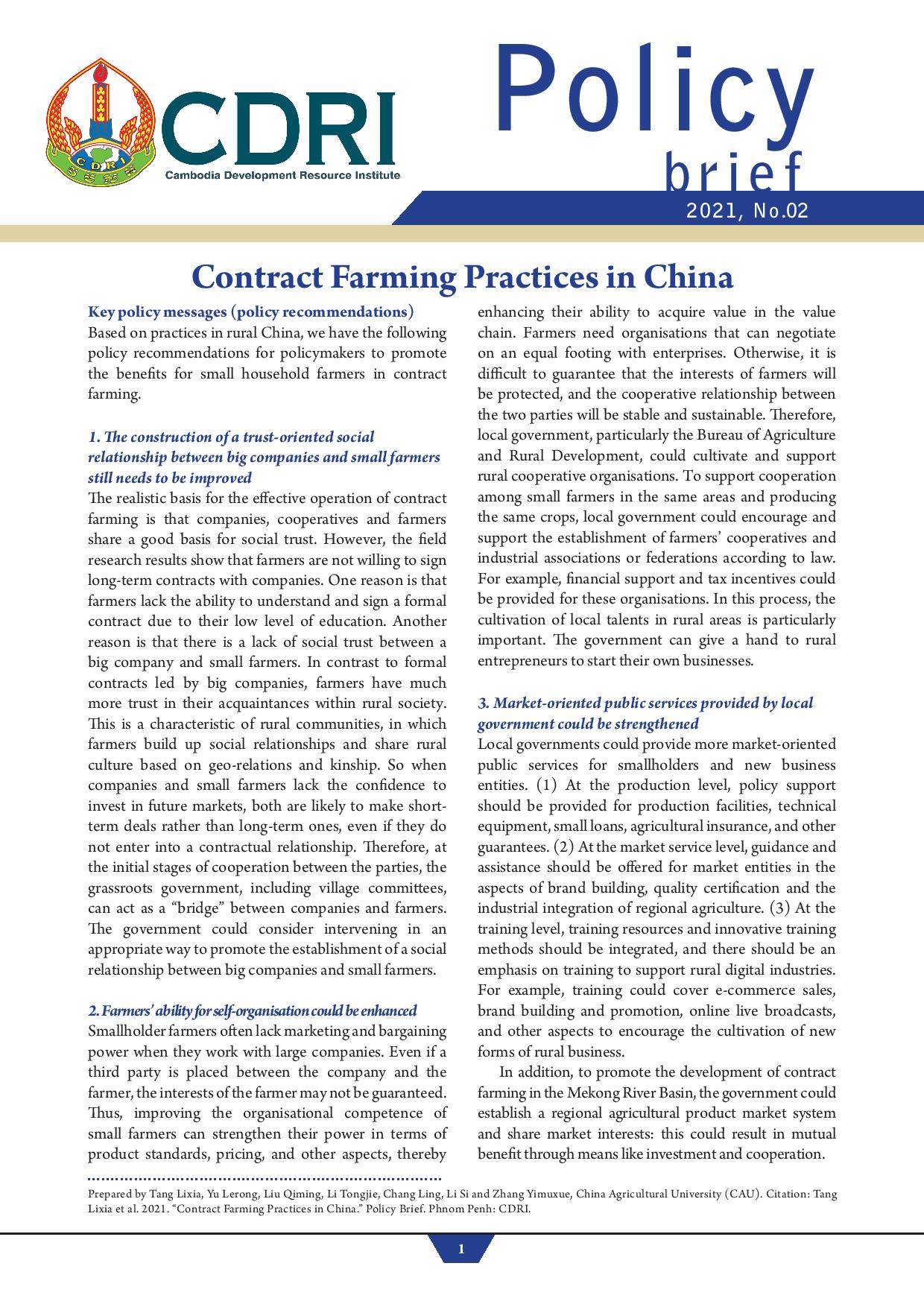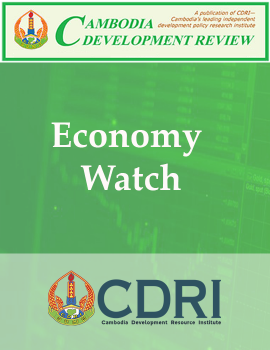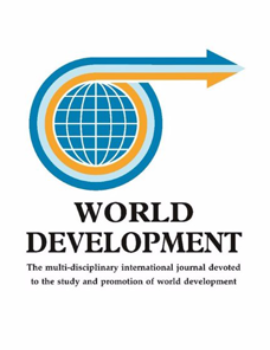
The Effect of Parental Migration on the Schooling of Children Left behind in Rural Cambodia
Growing rural-to-urban and international migration flows have sparked concerns about the investments in the education of the children left behind in Cambodia. We draw on a panel household-level survey conducted in rural villages in 2014 and 2017 to analyse the relationship between parental migration and children’s schooling. The analysis shows that...
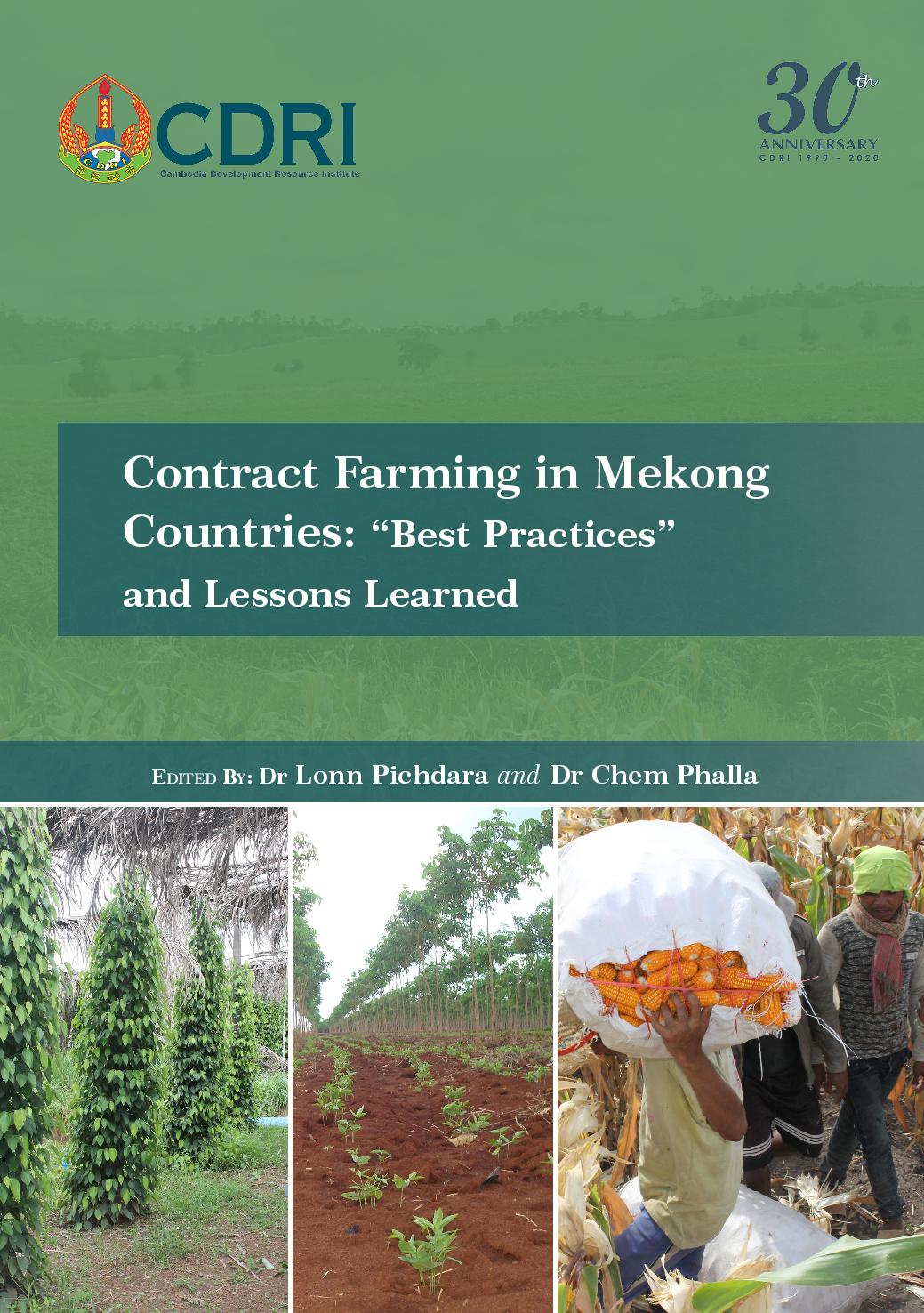
Contract Farming in Mekong Countries: Best Practices and Lessons Learned
This flagship publication is the result of a regional two-year research project entitled: “Enhancing Research and Dialogue on Contract Farming in the Mekong-Lancang Countries”. It represents a close collaboration between CDRI and project partners - the China Agricultural University (CAU), Kasetsart University (Thailand), and the Institute of Policy...
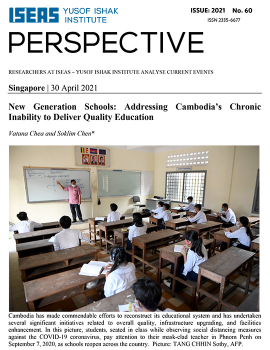
New Generation Schools: Addressing Cambodia’s Chronic Inability to Deliver Quality Education
In recent years, the Cambodian government has introduced a reform agenda to enhance the quality of teaching and learning, improve the bureaucratic administration of education, and address other major challenges affecting public schools. The new agenda has led to several remarkable transformations in Cambodia’s educational system, including the intr...
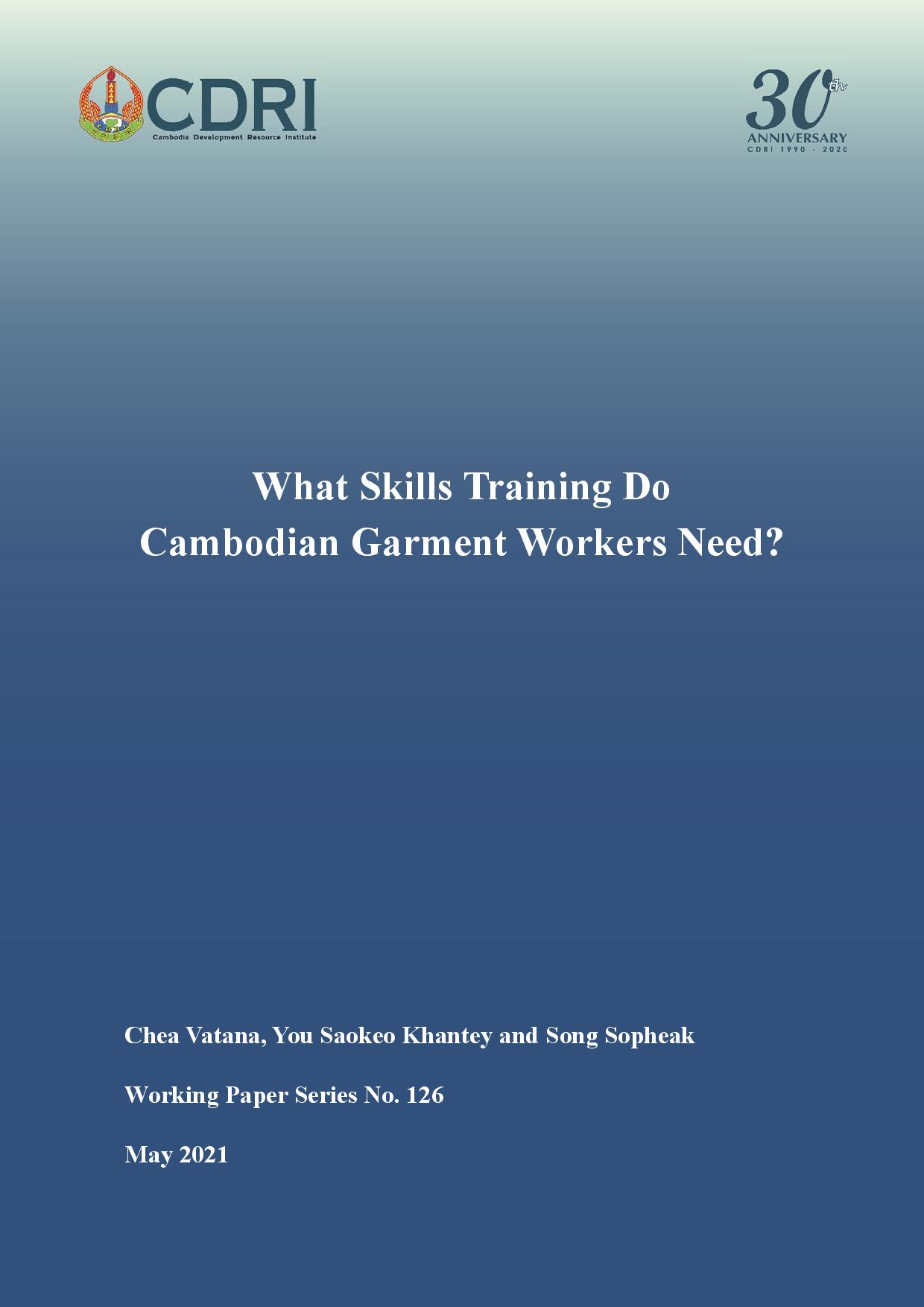
What Skills Training Do Cambodian Garment Workers Need?
This study aimed to identify the current skills of Cambodian garment workers, whether or not they wanted to gain new skills and, if so, what those were. The results revealed that the greatest percentage – 60 – had acquired sewing skills, followed by quality control and packaging skills. More than two-thirds were also able to read, write and calcula...
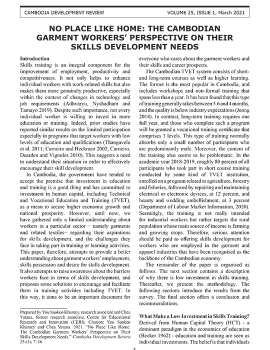
No Place Like Home: The Cambodian Garment Workers’ Perspective on Their Skills Development Needs
Developing skills for current workforce is indispensable in today’s economy. In an attempt to promote investment in skill training for workers in a Cambodian backbone sector, namely garment and textile, this study explores and identifies the problem of underinvestment in their skill training. A total of 787 individual workers are randomly selected...
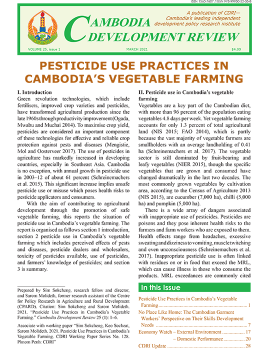
Pesticide Use Practices in Cambodia’s Vegetable Farming
Pesticides are agricultural technologies that farmers use to control pests and weeds and remain an important modern input for crop production including vegetable farming. There are many types of pesticides, such as insecticides, fungicides, rodenticides and herbicides, that target different threats to crops. While the potential production benefits...
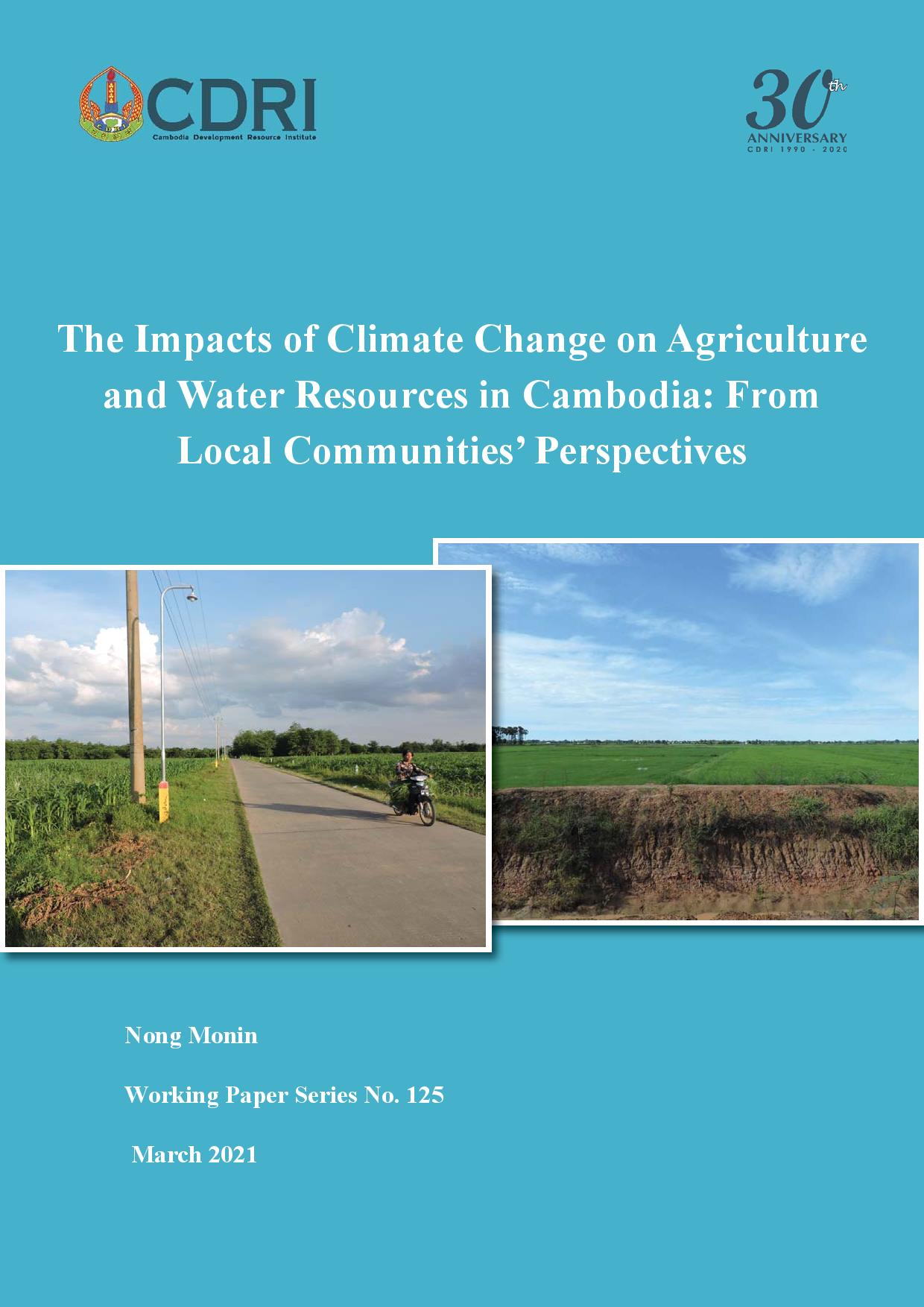
The Impacts of Climate Change on Agriculture and Water Resources in Cambodia: From Local Communities’ Perspectives
In 2019, 61 percent of the population living in rural areas, 76 percent of whom rely on agriculture as the main source of income and livelihood, sustainable rural and agricultural development is paramount to the Cambodian economy. National Strategic Development Plan 2019–2023 forms the basis of the national approach for strengthening the agri...
